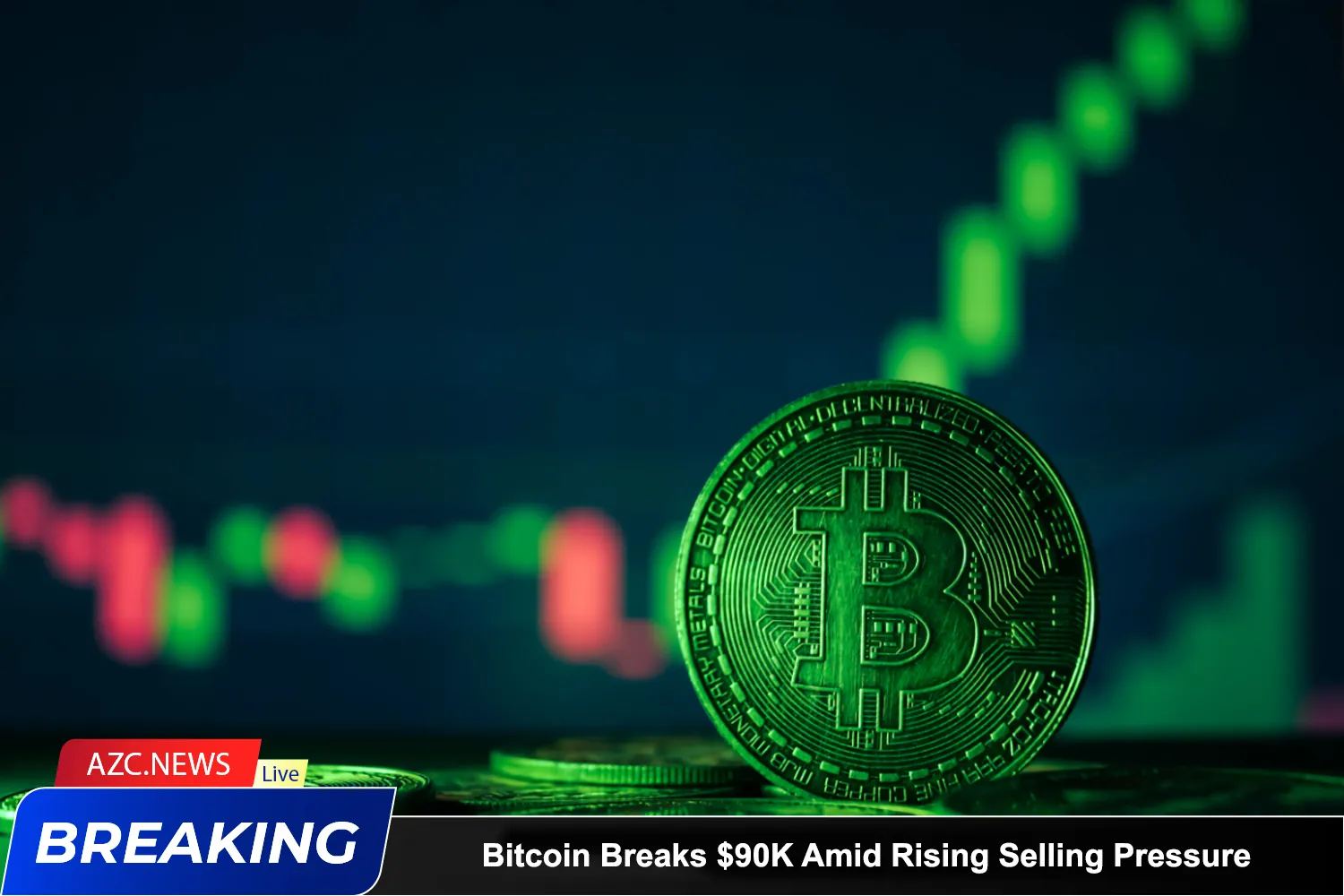The technology giant Google Cloud has just launched GCUL (Google Cloud Universal Ledger), a self-developed layer-1 blockchain, marking a shift from its role as a “technology back-end” to directly competing in the digital finance sector.
Notable Strategic Move
The emergence of GCUL highlights several important points:
This is the first time Google has built its own blockchain instead of merely supporting existing platforms, demonstrating its ambition to directly enter the digital finance market. The partnership with CME Group opens the shortest path for Google to penetrate the heart of the traditional capital market.
This move puts significant competitive pressure on giants like SWIFT and JPMorgan, who are racing in the trend of global asset tokenization.
Focused on Serving Financial Institutions
Unlike public blockchains like Ethereum or Solana, GCUL is designed as a trust-neutral infrastructure and is currently in the private testnet phase. This platform aims to address the long-standing “bottlenecks” of the traditional financial system.
GCUL focuses on enabling cross-border payments—a sector dominated by SWIFT, which suffers from high costs and slow processing speeds. Additionally, this platform supports payments and transfers of tokenized assets ranging from securities and bonds to commodities, acting as a seamless bridge between on-chain and off-chain assets.
Notably, smart contracts on GCUL are written in Python, paving the way for millions of traditional developers to participate in development. With the advantages of Google’s ecosystem spanning cloud computing, AI, and data, GCUL has the potential to integrate directly into global financial operations 24/7—a feat that SWIFT has yet to achieve.
Strategic Partnership with CME Group
Google Cloud has signed a partnership with CME Group, the world’s largest derivatives exchange, to pilot the application of GCUL in the issuance and payment of tokenized assets. The initial integration phase has been successfully completed.
CME plans to conduct market tests in 2025 before officially launching commercial services in 2026. This partnership not only helps Google test its technology but also serves as a launchpad for entering the trillion-dollar asset tokenization market that traditional financial institutions are keenly interested in.
Related: XRP Could Surpass $4 and Soar to $27?
Google’s Long-Term Journey in Web3
Over the years, Google Cloud has steadfastly rooted itself in the Web3 ecosystem by collaborating with various blockchains such as Solana, Polygon, and Avalanche to provide node hosting services and data indexing. The company has also developed blockchain APIs to help businesses easily integrate on-chain data and has become a custody infrastructure partner for digital financial companies.
Currently, Google is directly competing with JPMorgan (Onyx), Digital Asset (Canton Network), and SWIFT—names that have historically dominated the international payment and money transfer sectors. However, with GCUL, Google has crossed the line from being a third-party supporter to deploying its own blockchain.
This move could shift the balance of power in the enterprise blockchain market, which has been dominated by JPMorgan, IBM, and other large corporate networks.








